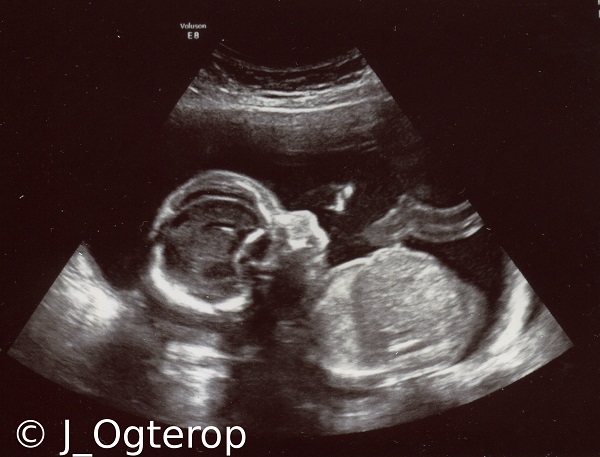
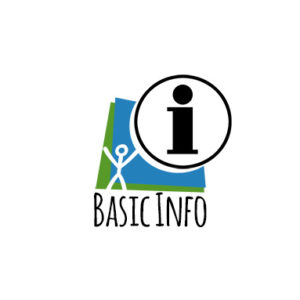 Job Title:
Job Title:
Mother
Number Of Years Dedicated To This Field Of Work Or Lifestyle:
3
Category Of Work:
Lifestyle – Other
Country / Area of Work:
United Kingdom
Industry:
Not Applicable
Type:
Lifestyle Choice
![]()
Key Skills For The Job:
Many skills and personal qualities go into being a parent. I am still learning myself! I would say key skills & qualities (in no particular order) are*:
– Multi-tasking
– Self evaluation of your skills & ability to apply resources to better improve your abilities
– Financial management – budgeting
– Selflessness
– Love
– Patience
– Excellent communication skills (working with husband/ child’s farther, learning together)
– Resilient motivation – ability to “pick yourself up” at the most testing of times to always do the best job you can
– Inventory management – having that spare change of baby clothes in that day bag, to making sure you have enough nappies in stock.
– Planning & organisation skills
* In reality there are so many key skills, also parenting styles differ greatly which will impact on the skills applied/given to raising a child.
Vital Key Skill:
Excluding the quality of love I would say the skill of being able to multi task is vital for being a parent.
Your Personal Experience Of Entering This Role:
Not Relevant
Tips For Undertaking This Work:
Speak to family and friends to ask for their advice on conception,pregnancy, birth and parenting.
Experiences of pregnancy, giving birth and parenting vary in most cases, i.e. no two experiences are exactly the same. The mothers health and babies health play a big part in these differences. Also the resources, care and support available to parents also contribute to these differences.
Speak to your doctor and find out if there are any family planning support services available to you.
Future Progression Or Developments:
As your child grows the level of care they need change (including but not limited to developmental, emotional, physical, etc).
Your life changes from a life where you mostly jut take care of yourself (you decide what to do, when to do it) to a life where the child is always put first.
This is not to say you cannot every again take time for yourself. You can! You need to be the strongest you that you can be, sometimes this means spending time, money, resources on yourself. But instinctively I believe parents will always work to put the child first.
A newborn you need to attend to 24/7, it will sometimes feel like you have not slept in days (despite grabbing a few hours ‘here and there’). With having a newborn baby there are no routines. As the baby grows, gains weight you will see routines start to fall into pace.
These routines will change, often with no warning for example when the child goes through a growth spurt this could affect their eating or sleeping patterns. When teething the child also goes through a more rough period, resulting in a need to adjust the care you give. Finally the age of the child will determine how many naps he or she needs in the day.
As the child develops their skills to play, their vocabulary and are able to follow instructions, you are able to direct them to play alone (or with siblings) and you can care for them while doing other things at the same time as caring for them.
Nurseries, kinder gardens, primary & secondary school (junior & high school) and beyond all impact on your families lives. Needing to take a child to be dropped off in the morning, collected in the evening, managing finances, organising other duties around the education commitments for the child.
One day my daughter will “fly the nest” so to speak. I am sure this will provide me with a different outlook and challenges of being a parent. When this time comes I will update this post!
![]()
Hindsight is a wonderful thing and I dont think there is any advice I could give that would help a younger me.
The reason I say this, I believe you give advice to people because you want to help them, give guidance or recommendations. But being a parent is not a check list of tasks, its a way of life, its giving literally all you have in every way possible.
Yes you can be more prepared but who is to say what effect this will have on a child or your experience of being a parent as this means so many different things to different people. It is because of this you cannot verbalise it, its learnt by oneself and owned by oneself through experience not simply knowledge in advance of being a parent.
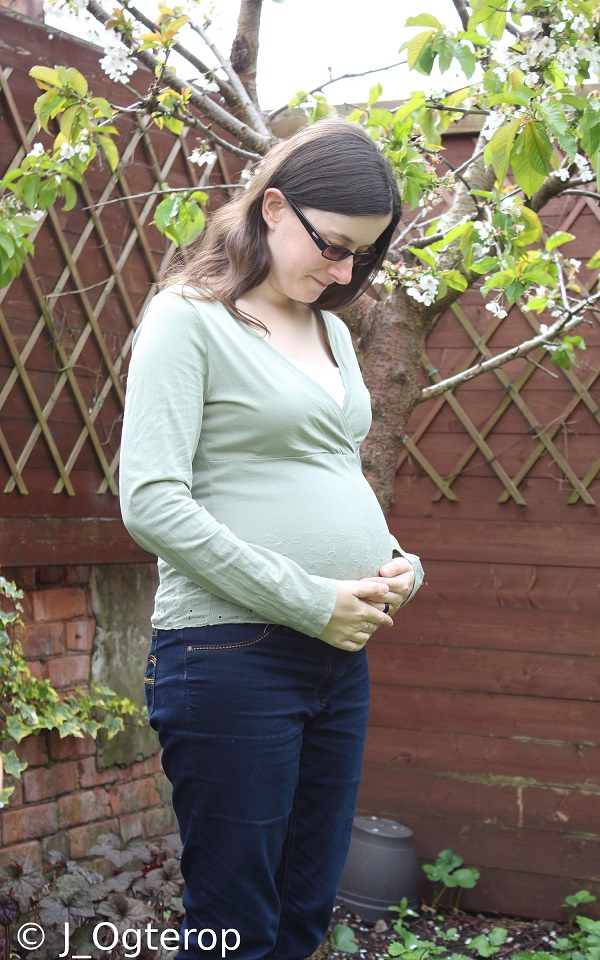
![]()
What Are The ‘tools of the trade’ Used Daily:
– Antenatal care facilities – doctors, hospitals, support groups
– Baby essentials – medicine, clothes, toys, hygiene products, travel systems
– Home that is suitable for an infant
A Typical Day’s Duties:
A new born baby needs care around the clock. Feeding 7+ times a day, regular nappy changes and he/she will need love/comfort to sooth a crying baby. Being a mother who breast fed, feeding was something my daughters dad wasnt able to assist me with.
Both baby and parents are learning what the baby needs/wants and what ‘cues’ mean the various different needs the child has. You grab sleep between feeds/nappy changes.
You also need to attend various health appointments (midwife care at home or at the local GP’s surgery).
General household chores, buying groceries, cleaning the house, paying bills plus any other commitments need to be multi-tasked into each day.
Is Travelling A Regularly Part Of This Work:
No
Weekly Working Hours:
Way Of Life – Hours 24/7
Type Of Hours Arrangement:
Other Way of Life – When ever your child needs you, you are there.
![]()
The Best Thing About The Work You Do:
The love I feel towards my daughter. The love you have for a child I believe is unique to being a parent (or guardian).
Your Least Favorite Thing About The Work You Do:
Least favorite thing, seeing my child poorly and being limited in how I can help. You do all you can, comfort, give medicine, seek medical help, but sometimes it is a case of just getting your child through each hour/day as the illness subsides or the medicine takes effect.
Any Duties You Hadn’t Anticipated Prior To Undertaking The Work:
Carrying a child is not easy. Its exhausting, uncomfortable, painful at times, but these factors are widely discussed openly, so came as no surprise.
The only thing that took me by surprise was how you feel taking time away from paid employment.
I have always worked since being a teenager, working around college and university. Taking up full time employment after university.
I needed to take early maternity leave because of a health problem and I missed being busy with my job (paid employment), the challenges you get from work, the office banter, sense of achievement when finalising a good piece of work, being out of the house every day, having lunch with colleagues/friends, learning, etc.
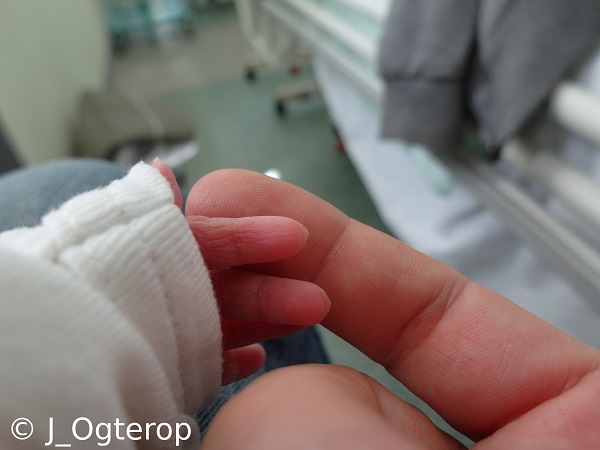
![]()
The Top Perks Of The Work:
Just the feeling you get being a mother.
Other Work In The Same Sector:
Being a parent or guardian. Having a child of your own, being a foster parent, adoptive parent.
What Professional Organisations Are Associated With Your Work:
La Leche League – help mothers worldwide to breastfeed through mother-to-mother support, encouragement, information, and education, and to promote a better understanding of breastfeeding as an important element in the healthy development of the baby and mother.
National Health Organisations – NHS, Local GP’s, Midwife teams
![]()
Additional Info You Wish To Share:
Being a Mother (parent) is the biggest “crash course” you will ever take. In life as a infant through to adulthood we receive guidance and support. From an early age we are guided how to walk, eat, play, to being at school being taught how to read and write. Onto entering a trained profession (learning on the job or academic education) to possibly learning how to drive, all of which encompass various standards and level of competences.
In becoming a parent there is help and advice out there, but its probably one of the few jobs for which there is no definitive guide book or resource. For me I just believe you have to be the best you can be with the resources you have, working constantly to improve things for you and your family.
I became a mother at the age of 32, I lived in England with my husband. I attended two free antenatal classes on the NHS but also prepared as much as I could using other resources, talking to friends and family, reading books, online resources.
I created a birth plan, this did help me fee more calmer and prepared for giving birth. Its only as good as the people who follow it though, so make sure you have it to hand and also get your team (midwife, birthing partner, other support) on board with what your plans are, what you want (if possible) to happen and what you do not want.
My daughter had tongue-tie (ankyloglossia) which wasn’t diagnosed and left me and my daughter having a very bad (painful, exhausting, frustrating) experience with breast feeding. It was only by attending a La Leche League meeting (at a local library) this was diagnosed.
Unfortunately this diagnosis came a little too late, we were already forced to introduce bottle feeding in addition to tying to breast feed and soon after needed to switch fully onto the formula.
I thought the home midwives (NHS team) were experts on breast feeding and troubleshooting in this area. Only from my experience I would say, please do not be shy in asking for 2nd opinions, if you feel something isn’t right it probably has some truth to it.



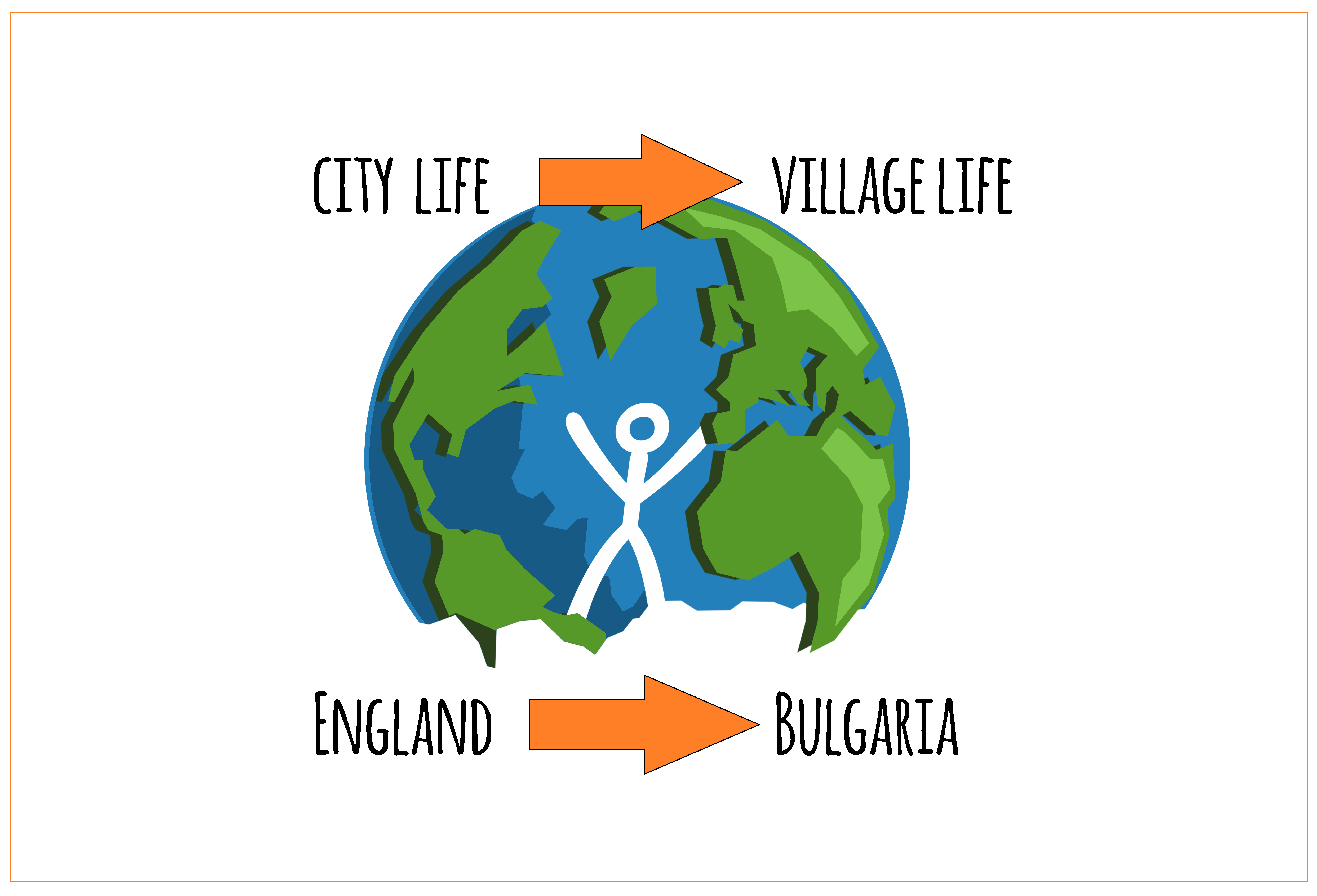
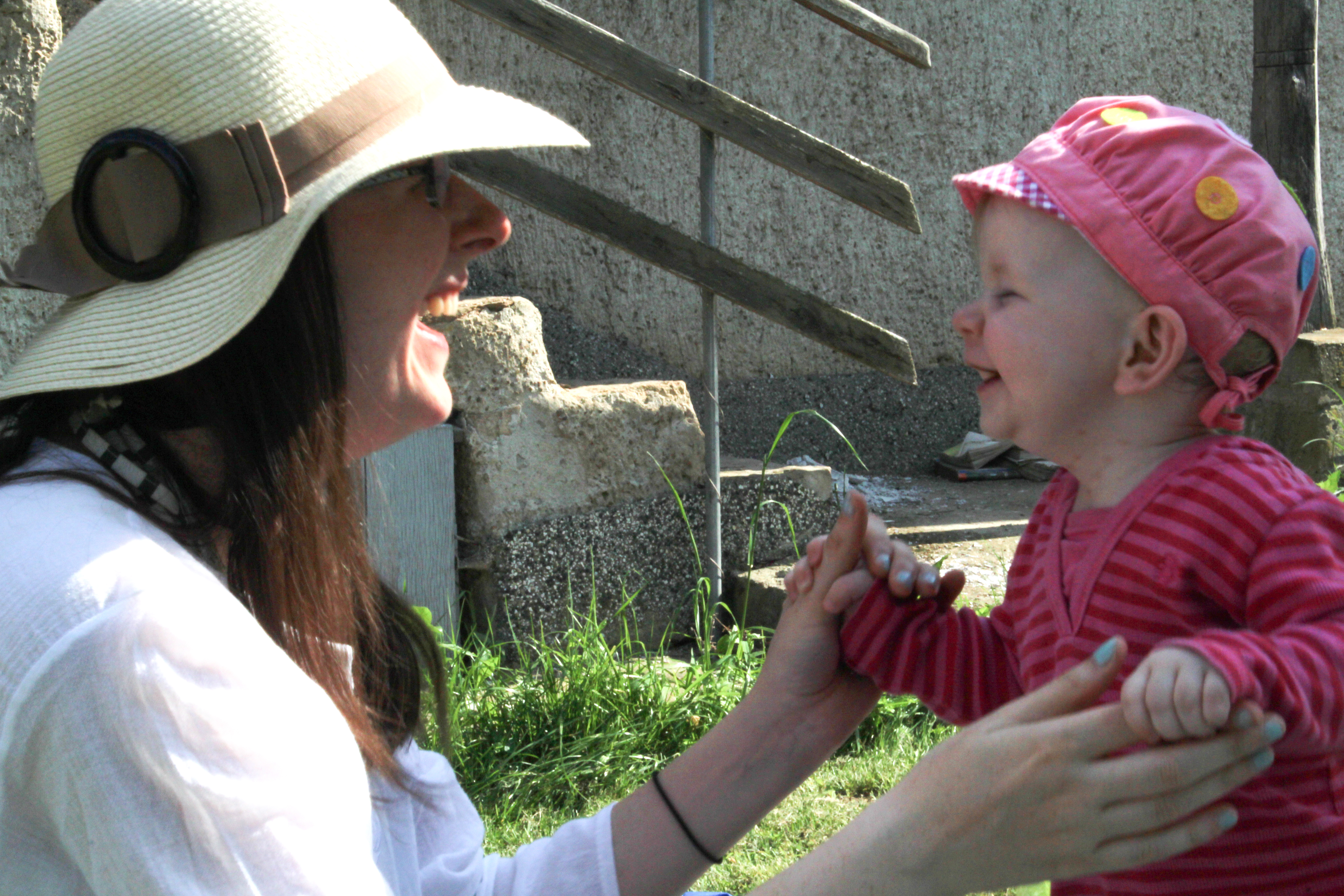
One Reply to “Mother”
Comments are closed.